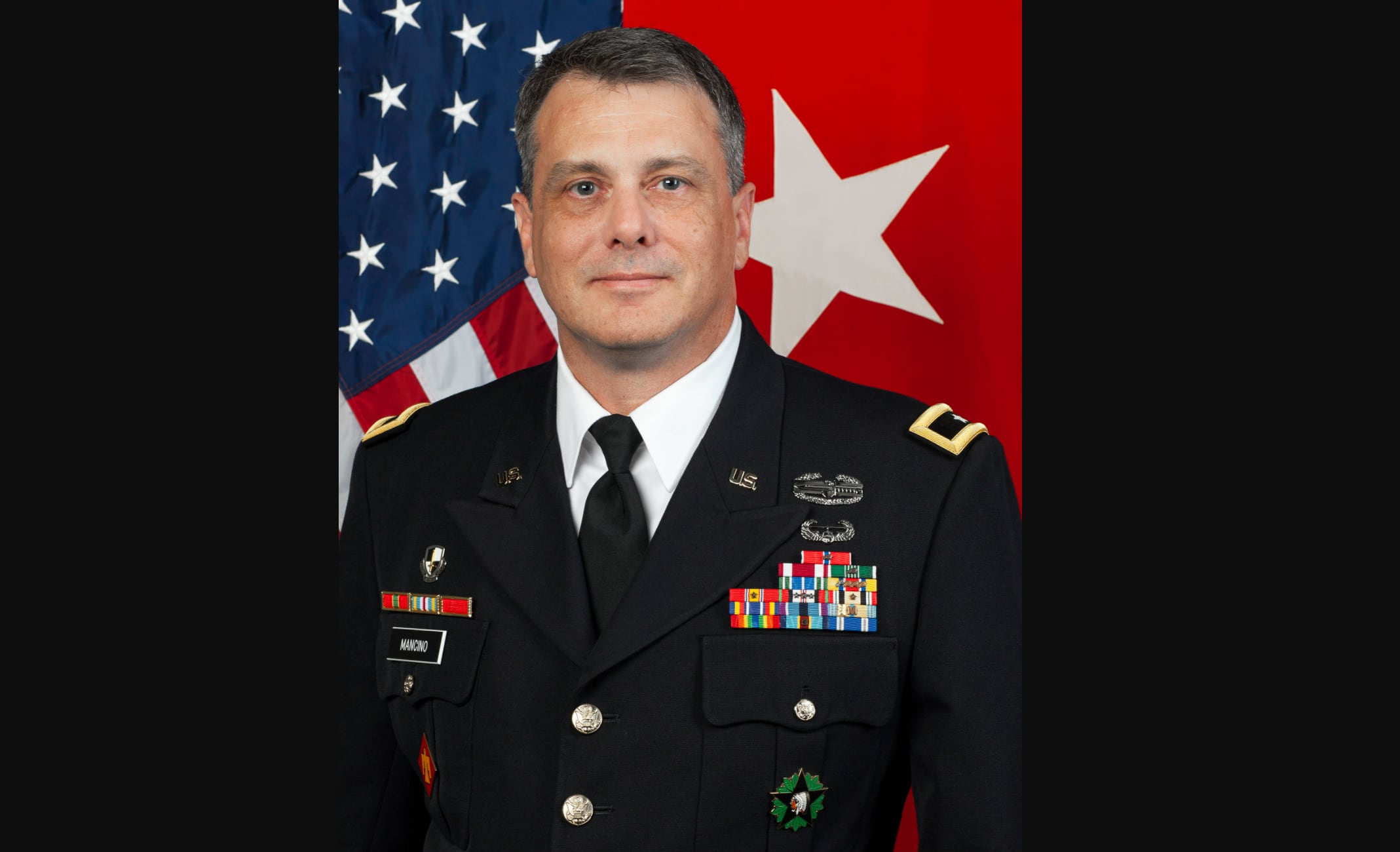This story was updated at 4:54 p.m. EST with a statement from the Montana National Guard.
The new adjutant general for the Oklahoma National Guard made headlines when he issued a memo suspending the Defense Department’s COVID-19 vaccine mandate for Guard troops in a Title 32 status last week.
The move followed an order from the state’s governor, Kevin Stitt, who previously asked Defense Secretary Lloyd Austin not to enforce the COVID-19 vaccine requirement on his troops.
Stitt’s letter to Austin cited the “personal freedoms of many Oklahomans” and the potential readiness impact of discharging the “800 Oklahoma guardsmen [who] have not and do not plan on receiving the COVID-19 vaccine.”
This left some observers concerned that other states whose governors had expressed opposition to vaccine mandates would implement similar policies.
But several states told Army Times on Wednesday that they won’t be following suit. A number of other states did not immediately respond to similar queries made by email and phone.
RELATED

A Georgia National Guard spokesperson, Army Capt. Amanda Russell, said the state “has not implemented any policies attempting to suspend the DoD vaccine mandate.”
Russell also pointed to comments that the state’s top general, Army Maj. Gen. Thomas Carden, made to Georgia Star News on Tuesday.
“I took an oath, and I intend to do what I promised the country I would do...follow the lawful orders of the president of the United States,” Carden said. “I’m not tracking a single injunction in the judicial branch, with respect to the military vaccination mandate. It’s cut and dry for us.”
The Alabama National Guard also won’t be following Oklahoma’s lead, confirmed spokesperson Sandra Lucas, who said the state is “well underway” in its vaccination effort and following Austin’s orders. The state’s top general also emphasized the importance of the vaccine in a statement to Army Times.
“Vaccinations will help ensure our Guardsmen’s health and safety while preserving our readiness and ability to execute missions at home and abroad,” said Army Maj. Gen. Sheryl Gordon. “Our professionalism and willingness to serve are what makes the Alabama National Guard ‘Always Ready, Always There.’”
The Florida National Guard’s leaders haven’t tried to suspend the vaccine mandate either, according to spokesperson Air Force Lt. Col. Caitlin Brown. She added that she “wasn’t aware of any such policies forthcoming.”
Mississippi Guard spokesperson Army Lt. Col. Deidre Smith confirmed that the state hasn’t issued any policies mirroring Oklahoma’s effort.
“The MSNG is currently in compliance with all DoD policies concerning the COVID vaccine mandate,” she added. “We are working to meet the required timeline for the safety and readiness of our force.”
The Arkansas National Guard’s efforts to vaccinate its troops have not changed, said Army Lt. Col. Will Phillips. “We have no plans to change any of our policies at this time.”
A spokesperson for the Montana National Guard, Maj. Ryan Finnegan, told Army Times via phone that there was “no change” to the state’s vaccination mission. Montana aims to have all of its servicemembers vaccinated by the end of the year, he said.
Officials from the Texas National Guard, who answered Army Times’ query from behind an anonymous shared email inbox, were less committal and called each servicemember’s vaccine decision “a personal matter.”
“The Texas National Guard has not implemented any policies attempting to suspend the DoD vaccine mandate,” the unnamed officials said, but they made a point of claiming that the mandate only “applies to service members serving in a Title 10 status[.]”
The Texas officials did not immediately respond to follow-up questions from Army Times seeking clarification on whether Texas Gov. Greg Abbott had issued any orders conflicting with the vaccine mandate.
They also did not answer a question asking whether Texas has changed its enforcement from their previous operations order on the vaccine, obtained and published by The Texan, directing commanders “to initiate separation of vaccination refusals [without a pending or approved exemption request]” due to medical deployability concerns.
Davis Winkie covers the Army for Military Times. He studied history at Vanderbilt and UNC-Chapel Hill, and served five years in the Army Guard. His investigations earned the Society of Professional Journalists' 2023 Sunshine Award and consecutive Military Reporters and Editors honors, among others. Davis was also a 2022 Livingston Awards finalist.





